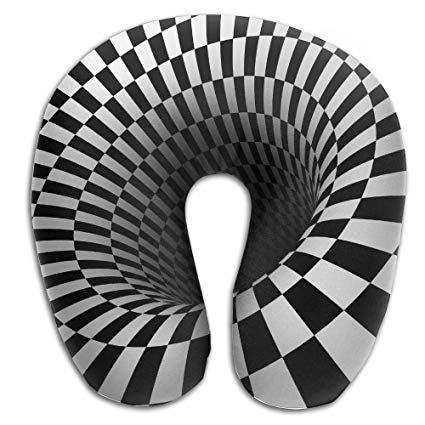Regular Expression teach class
In PHP we can create regular expressions of two types:
- Posix
- PERL.
In here since we will use PERL preg_match() function.
If we would like to use Posix syntax we would use eregi() function.
Comparing the same expression
PERL syntax:
#^\/articles\/([^.\/ ]+)[\/]*$#
Posix syntax:
^\/articles\/([^.\/ ]+)[\/]*$
Special characters:
| char | meaning | |
|---|---|---|
| ^ | beginning of string | |
| $ | end of string | |
| . | any character except newline | |
| * | match 0 or more times | |
| + | match 1 or more times | |
| ? | match 0 or 1 times; or: shortest match | |
| | | alternative | |
| ( ) | grouping; “storing” | |
| [ ] | set of characters | |
| { } | repetition modifier | |
| \ | quote or special | |
| \t | tab | |
| \n | newline | |
| \r | return (CR) | |
| \xhh | character with hex. code hh | |
| \b | “word” boundary | |
| \B | not a “word” boundary | |
| \w | matches any single character classified as a “word” character (alphanumeric or “_”) | |
| \W | matches any non-“word” character | |
| \s | matches any whitespace character (space, tab, newline) | |
| \S | matches any non-whitespace character | |
| \d | matches any digit character, equiv. to [0-9] | |
| \D | matches any non-digit character | |
| a* | zero or more a’s | |
| a+ | one or more a’s | |
| a? | zero or one a’s (i.e., optional a) | |
| a{m} | exactly m a’s | |
| a{m,} | at least m a’s | |
| a{m,n} | at least m but at most n a’s repetition? Same as repetition but the shortest match is taken | |
| [characters] | matches any of the characters in the sequence | |
| [x-y] | matches any of the characters from x to y (inclusively) in the ASCII code | |
| [-] | matches the hyphen character “-“ | |
| [\n] | matches the newline; other single character denotations with \ apply normally, too | |
| [^something] | matches any character except those that [something] | denotes; that is, immediately after the leading “[”, the circumflex “^” means “not” applied to all of the rest |
Example understanding regex:
#^\/articles\/([^.\/ ]+)[\/]*$#
^ and $ = respectively the beginning and the end of the pattern that we match.
\ = the escape character (where \/ means actually / character.
[\/]*$ = We may have / character at the end but also we may not.
If it would read [\/]+$ this would mean we must have one or more / characters at the end.
This is because:
* It will match the preceding pattern zero or more times.
+ It will match the preceding pattern one or more times.
There is also:
? It will match the preceding pattern zero or one time.
At the very beginning we should have /articles/ text:
^\/articles\/
Everything inside () brackets is a match.
[^.\/ ]+ = any character but not / and not “ “ (white space).
To recap meta-characters:
| char | meaning | |
|---|---|---|
| . | any character | |
| * | zero of more of the preceding | |
| + | one or more of the preceding | |
| {} | minimum to maximum quantifier | |
| ? | ungreedy modifier | |
| ! | at start of string means “negative pattern” | |
| ^ | start of string, or “negative” if at the start of a range | |
| $ | end of string | |
| [] | match any of contents | |
| - | range if used between square brackets | |
| () | group, referenced group | |
| alternative, or | ||
| \ | the escape character itself |
…
tags: & category: -
